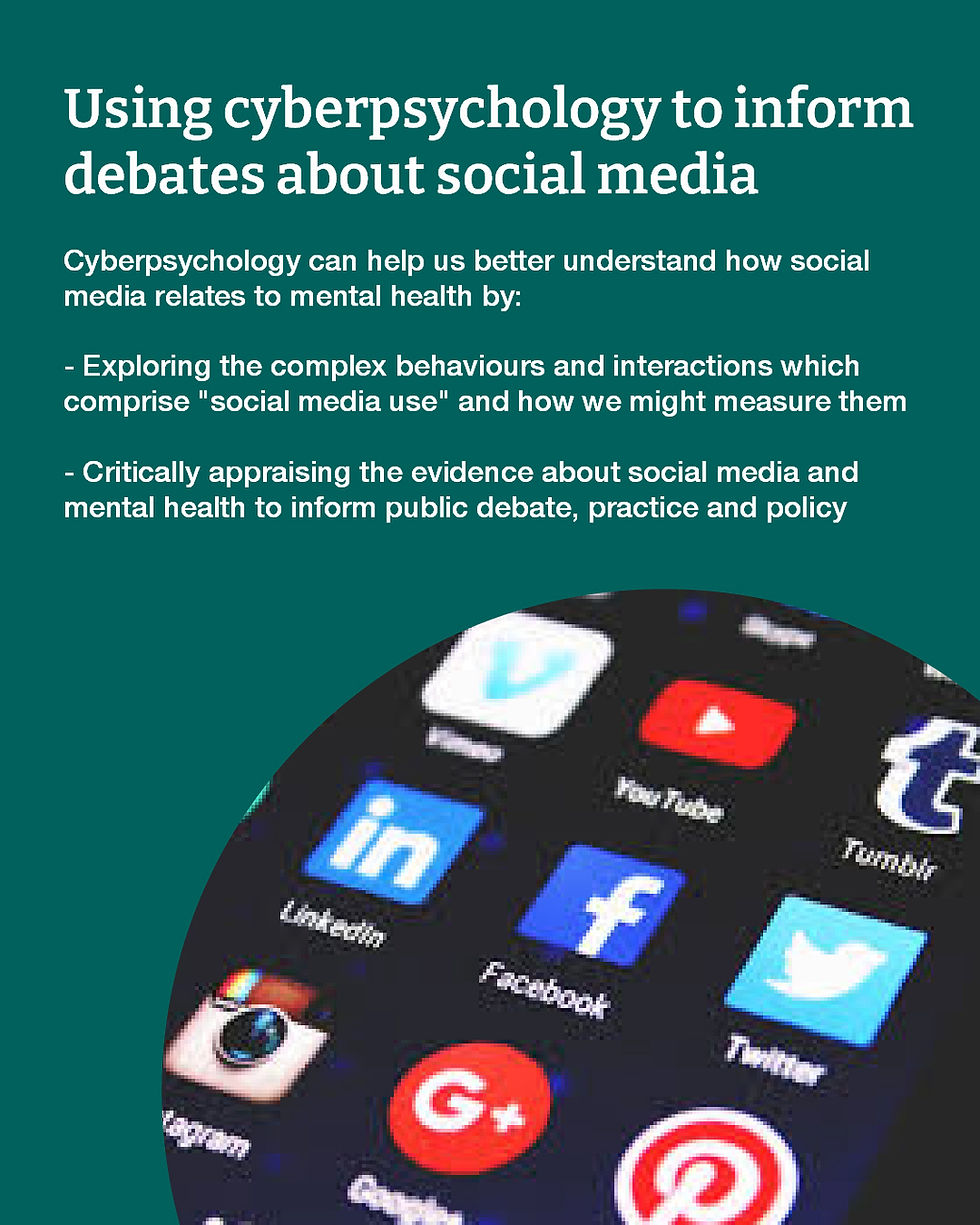What is precrastination and why is it unhealthy?
- LindaKKaye

- Jul 2, 2021
- 2 min read
You may have read the title of this blog post and thought to yourself that maybe I can’t spell procrastination correctly. You would be wrong; I am referring to what may be considered its polar opposite: precrastination.
What is precrastination?
Precrastination has been described as a tendency or compulsion to work on tasks at the earliest opportunity—even if it means more work or comes with extra costs. This was coined by scientist Rosenbaum and colleagues in a 2014 Psychological Science paper.
From a productivity or work perspective you may be thinking, well surely getting work done in a timely way is a good thing? Well yes but also no.
I came across the concept of precrastination when my work colleague came into my office one day several years ago, pointed at me and said “you’re a precrastinator!” My response was one of confusion, and he then explained he had read this Psych Science paper and recognised that this was characteristic of me. I have never felt so “seen” in my life! Finally everything made sense!
One of my biggest strengths is my planning and organisational ability which in most cases is an entirely useful skill-set and applies well to all areas of my work and life. However, being a precrastinator, this does come with costs. I will often do things way before they need doing only to find later that the work was unnecessary. In other cases, the stress of knowing things need doing when I am unable to do them can be extreme and sometimes quite distressing.
The most illuminating experiences of precrastination are when I am working with others. I love working collaboratively and find this exciting and enriching. However, it also means I have to make a very concerted and conscious effort to slow down to ensure that the pressures I usually place upon myself aren’t transferred to my collaborators and colleagues. This can be very stressful to me and it takes a lot out of me to keep the pace slower. I recognise a slower pace usually is entirely beneficial and certainly a much better scenario than the usual experiences I have when I find I’m sometimes not able to keep up with myself. I recognise it isn’t healthy but it isn’t something I can easily change. I suppose I am grateful for working with others who inadvertently make me more responsible in my working behaviours, despite this being personally quite stressful to me behind the scenes!
This is the first time I’ve really disclosed these experiences. This blog post isn’t meant as a call for sympathy or action. It is really to raise awareness because I know there are other precrastinators out there; some who may recognise the behaviours but not have a name for it, and some who seek solidarity with others who share similar experiences.
So yes, precrastination can mean you’re a great employee because you get your work done on time, but is also a bit of a curse to be honest, speaking from my own experiences.



Comments